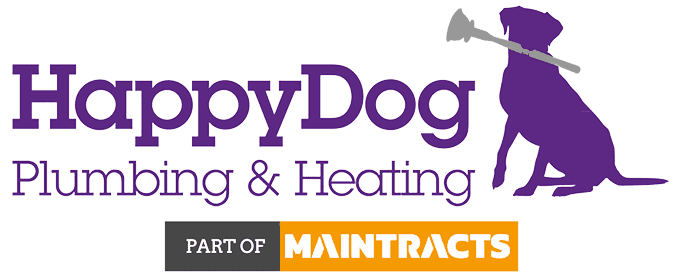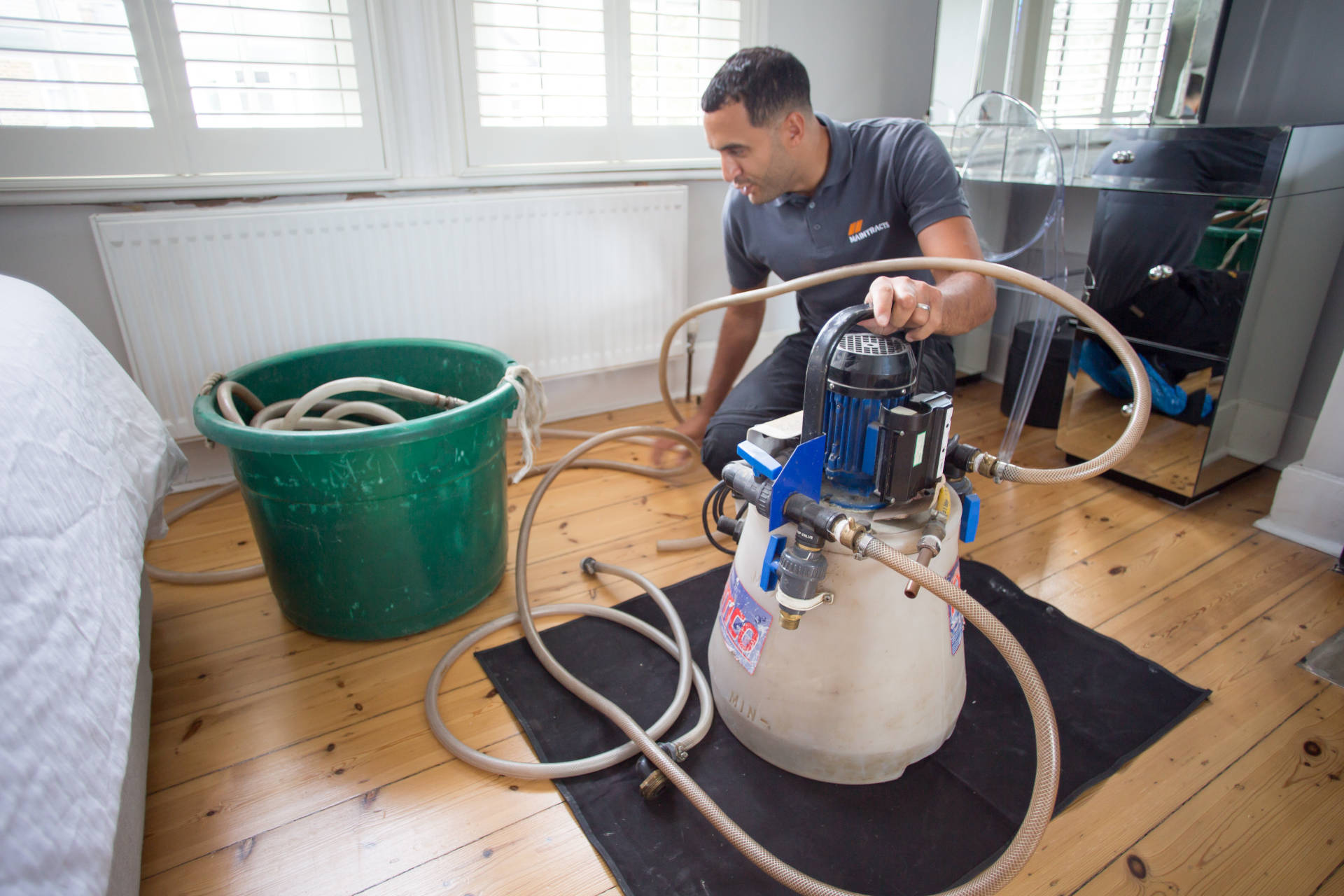Picture this: it’s the dead of winter, and you’re bundled up inside, but there’s one problem – your central heating system is struggling to keep up. You might feel cold spots on your rads, or you have noticed your rooms are not as warm as they used to be. Before you reach for another blanket or crank up the thermostat, have you considered the health of your heating system? Enter powerflushing, the superhero of central heating maintenance. But here’s the million-dollar question: What is the actual cost behind this heating heroics? We look at the world of powerflushing to uncover what lies behind its price tag and ensure your home stays cosy without burning through your savings.
In our experience, a typical powerflush for a 3-to-4-bedroom domestic heating system, costs between £900 to £2000 plus VAT, subject to the type of installation and number of radiators in the property.
Typically, our heating engineers will spend an entire day (6-8 hours) or longer at a property powerflushing a central heating system to ensure the job is conducted properly and safely. But again, this may be longer depending on your bespoke requirements and system size.
For instance, if you have a relatively modern system that has been well-maintained, the powerflushing process might be quicker compared to an older system riddled with corrosion and debris.
Here are some factors that can affect the duration and cost of a powerflush:
Is It Possible To Powerflush Any Type of Heating System?
When it comes to reviving your heating system, we believe in a personalised approach tailored to the unique characteristics of your home setup. While powerflushing is a versatile solution for most systems, we are mindful of the nuances that come with diverse types and ages of systems. Take, for instance, an older, non-pressurised system with ancient pipework – it’s like handling delicate treasure. Rather than risking any unexpected leaks or mishaps below the floor, we opt for a gentler touch. Enter manual flushing, where precision meets caution. We roll up our sleeves and, if needed, introduce our trusty Thoroughflush equipment, harnessing the power of mains water pressure for a thorough cleanse without the high-pressure risk. Your system’s safety and longevity are our top priorities, and our tailored approach ensures peace of mind every step of the way.
Filters And Chemicals
In our arsenal of recommendations for optimal heating system care, we champion the installation of a magnetic filter—a silent guardian against the relentless march of iron oxide. Try to imagine water, innocently mingling with steel and copper components, unwittingly spawns iron oxide, an annoying by-product that manifests as sludgy deposits. Left unchecked, these deposits can wreak havoc, clogging up your system’s vital arteries and shortening its lifespan.
Whether we are rolling up our sleeves for a manual flush or letting the machines do the heavy lifting, our heating engineers will use specialist chemicals to turbocharge the cleansing process, bidding farewell to over 90% of those stubborn iron oxide deposits. Armed with a trusty rubber mallet or an SDS drill sporting a special attachment, we go beyond the call of duty, agitating those deposits in the radiators to ensure nothing stands in the way of peak efficiency. With us by your side, your heating system is primed for a long and prosperous life, free from the clutches of iron oxide’s tyranny.
If you reside within our service areas and are contemplating powerflushing for your current boiler, either independently or concurrently with a new boiler installation, the Happy Dog Plumbing team is eager to assist you. Contact us at your convenience for an obligation-free chat.

